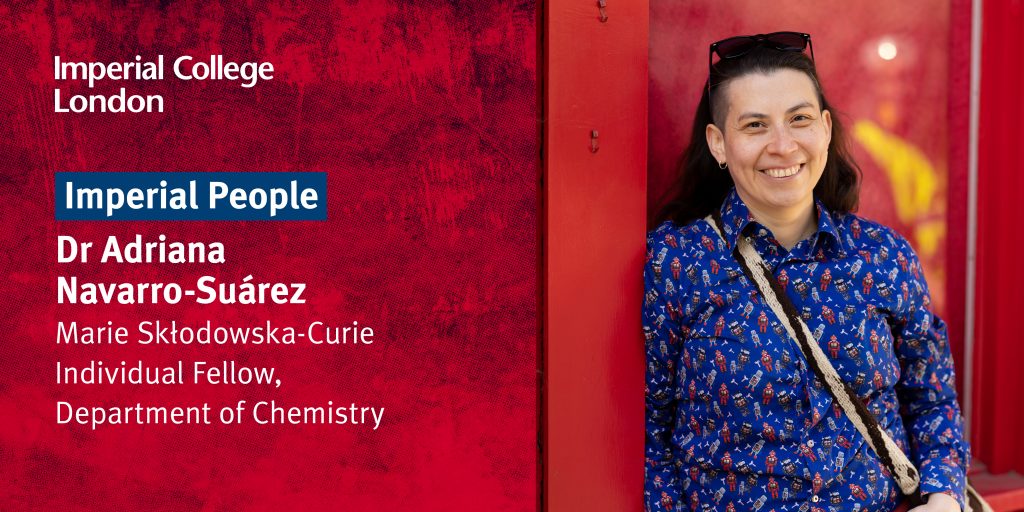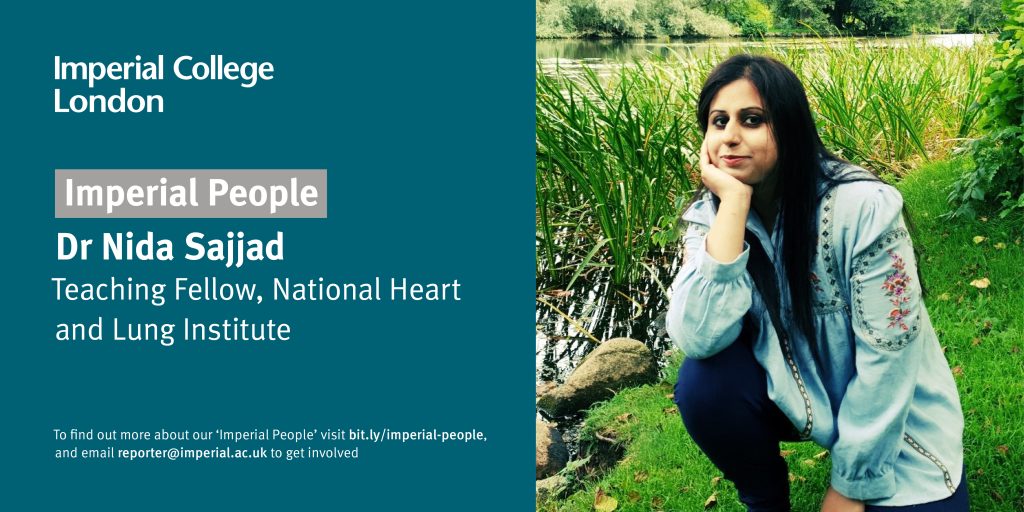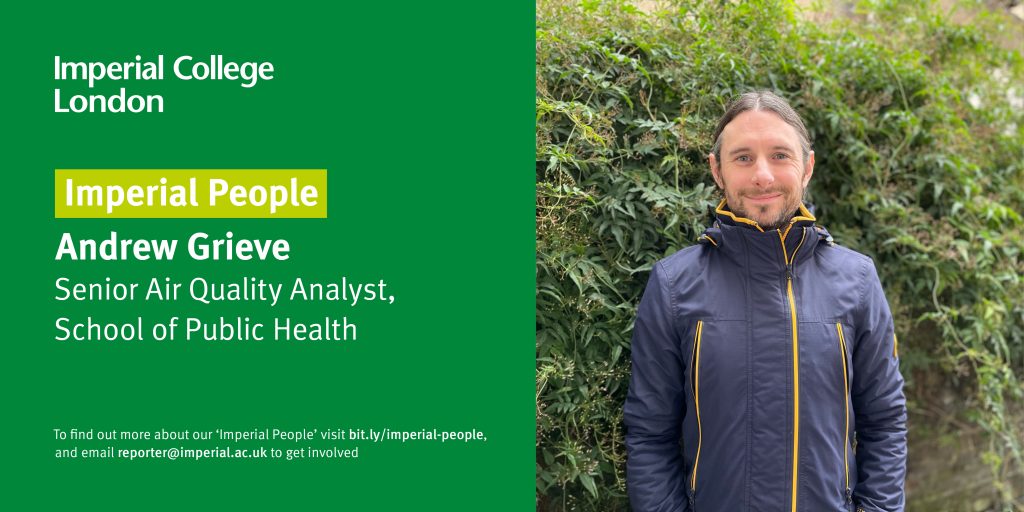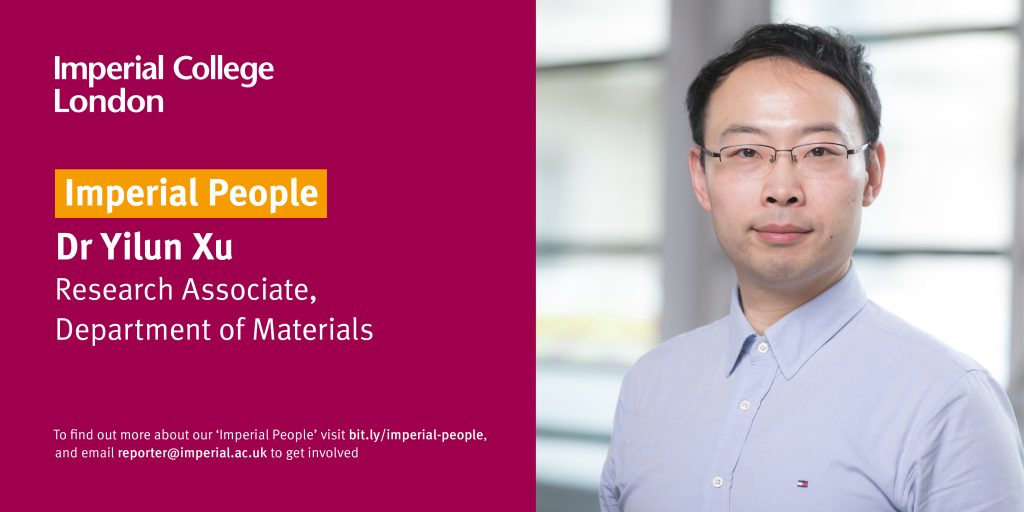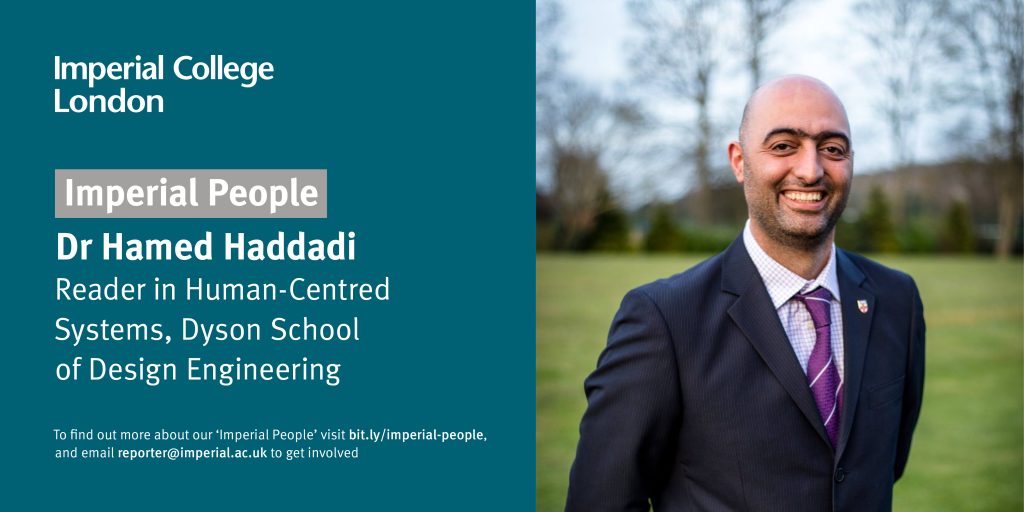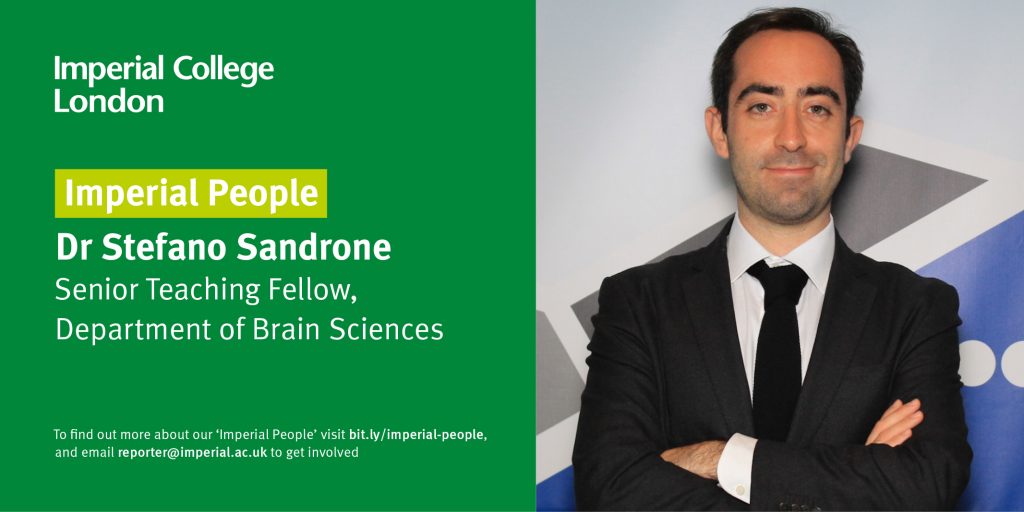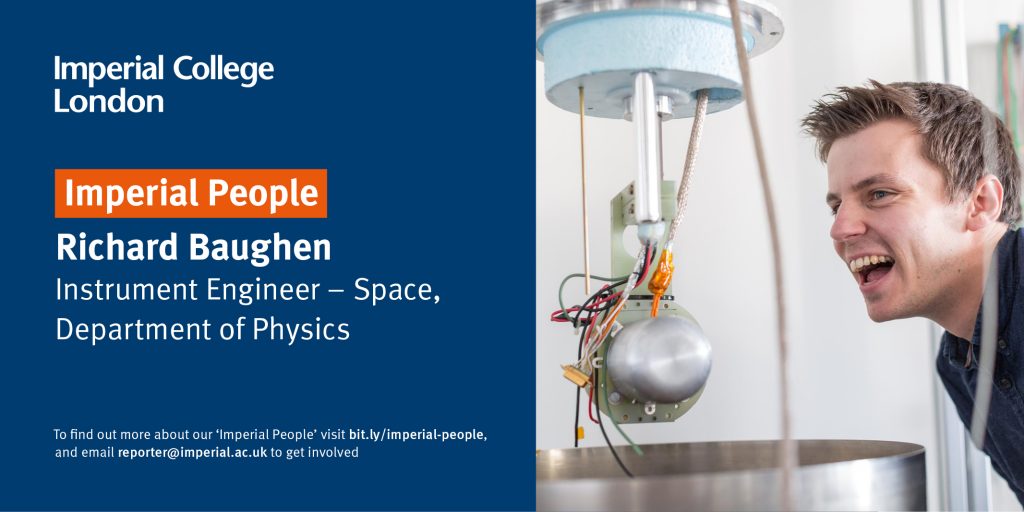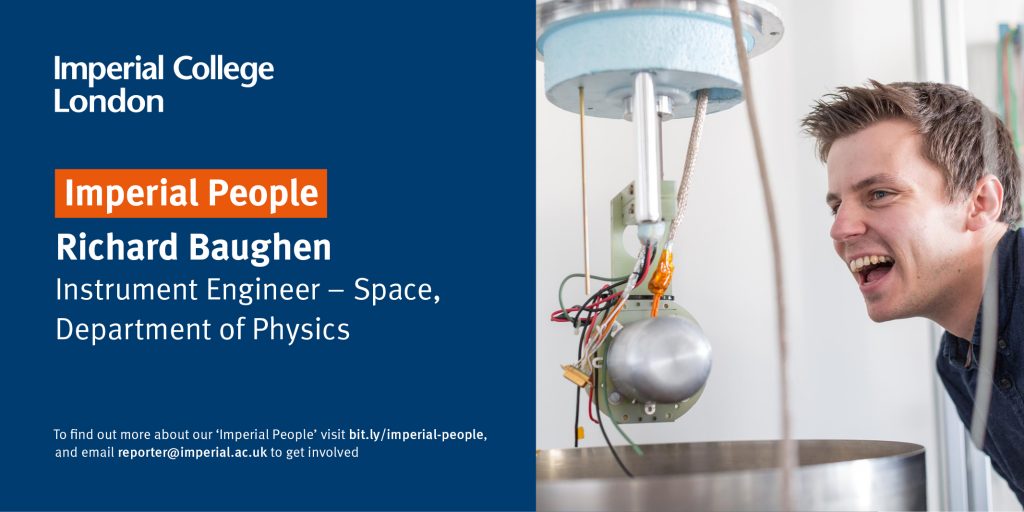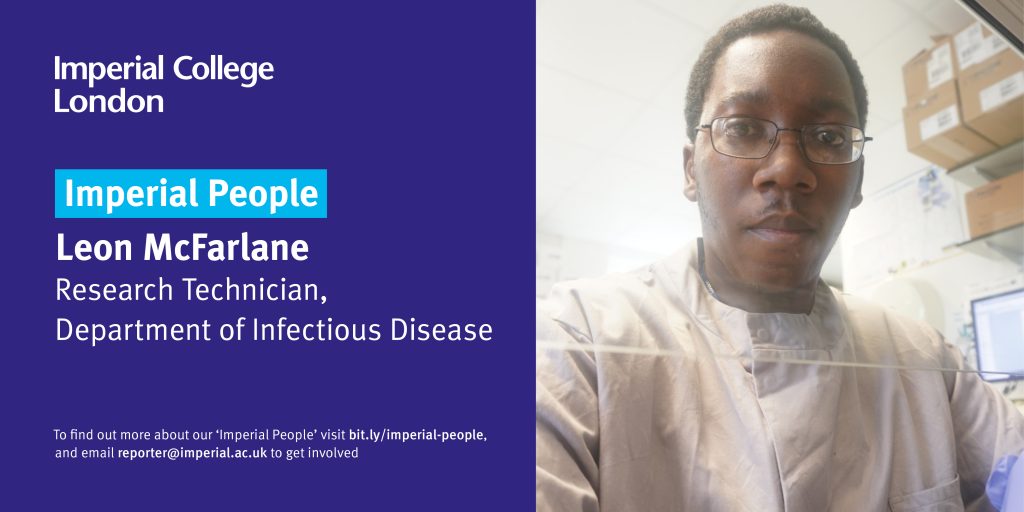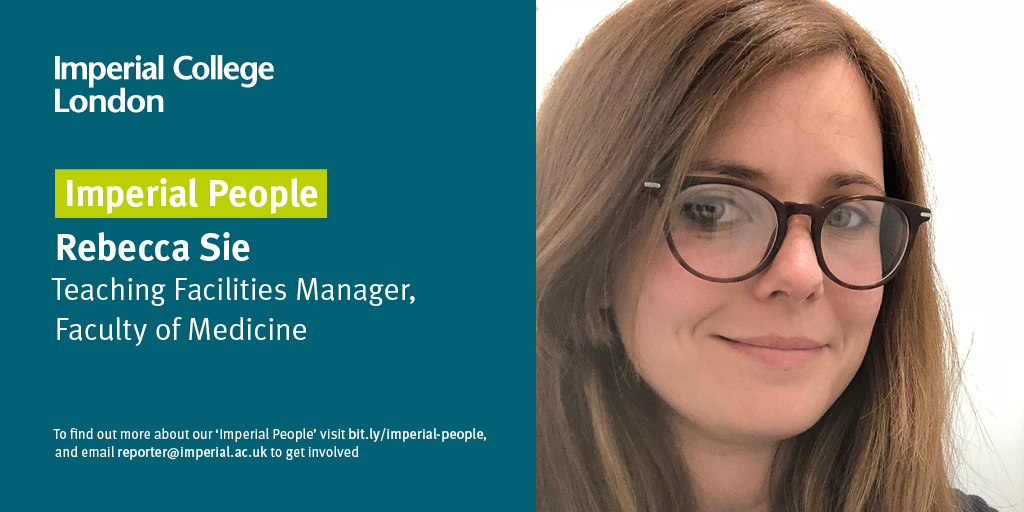Dr Adriana Navarro-Suarez, Marie Skłodowska-Curie Individual Fellow, Department of Chemistry
Part of Shifting the Lens: A celebration of cultural diversity at Imperial
“To me, Colombia means happiness. There’s such amazing food, and on Sundays, we usually have a family gathering with our grandma. We don’t do this that often now because we don’t all live together, but whenever I go back home there is always a time where around 30 of us will gather and eat, drink and laugh.
“Colombians also love dancing – especially Cuban and Colombian salsa! As a nation, we’re really successful in international dancing competitions. Colombia is also a very religious country. During Christmas, there is an event called novena, where for nine days before the 24th you pray each night. Each of those nine nights is hosted by a different house/family and includes food and drinks. (more…)
